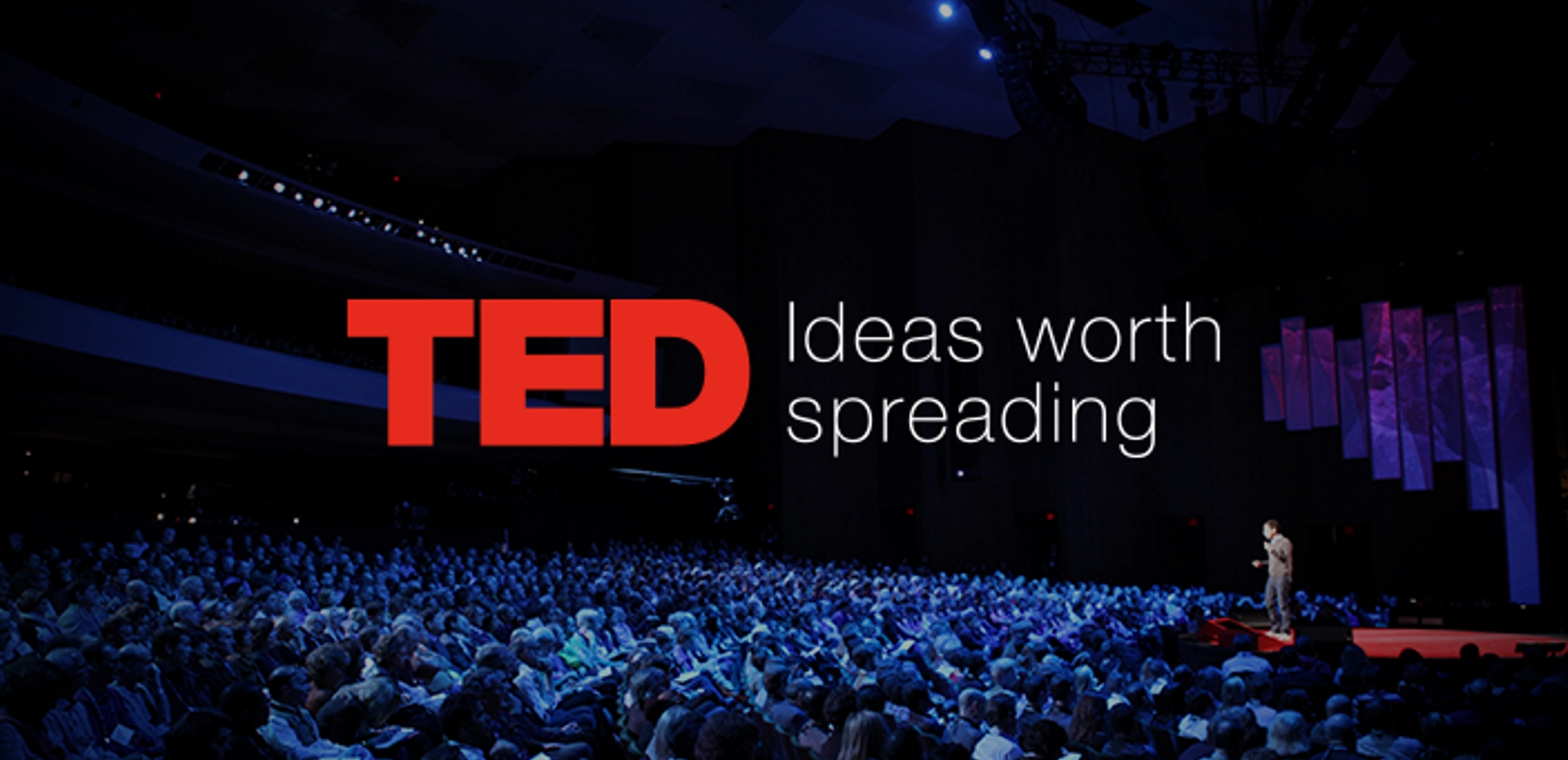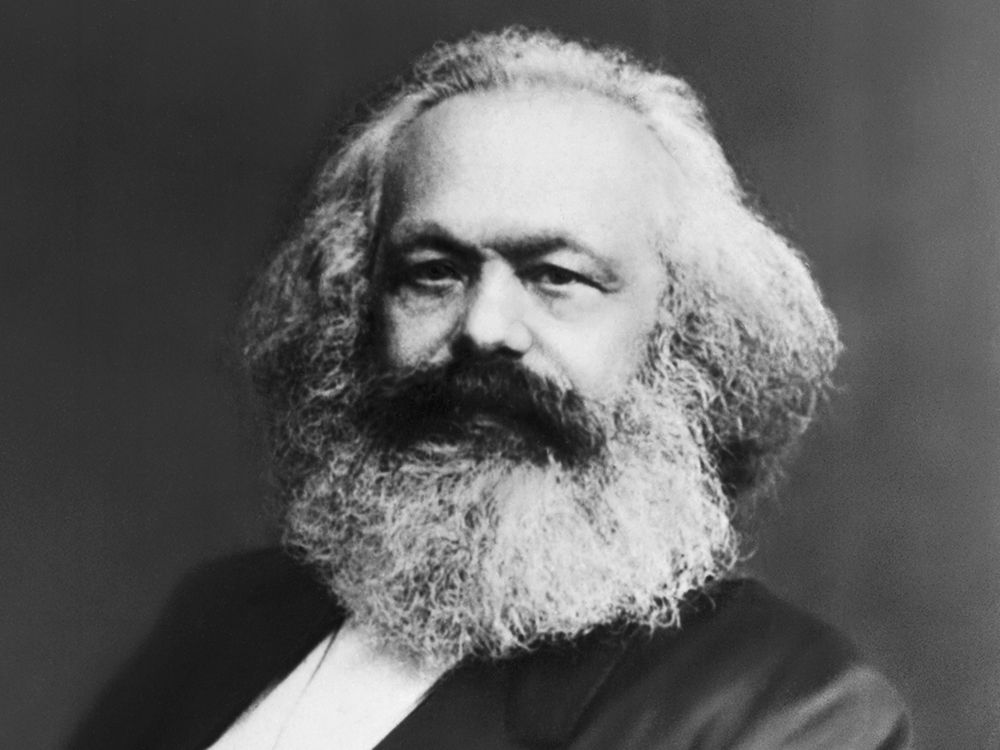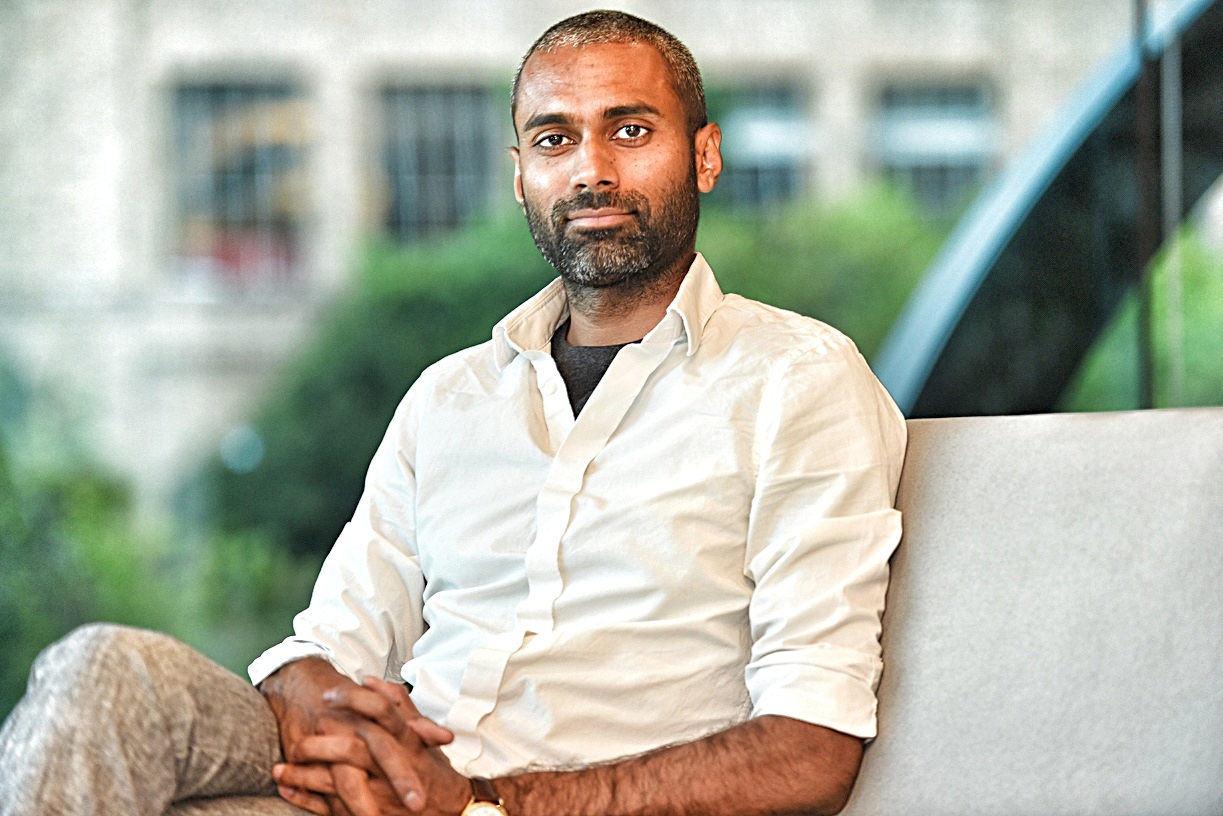Introduction
TED Talks is one of the most influential speech shows based on certain important topics just as Science, Humanities, Business, Education and much more. Here some of the top TED Talks About Money.
1. Keith Chen: Could Your Language Affect Your Ability To Save Money?
People who speak languages that use auxiliary verbs for distinguishing present and future will have a different perspective of present and future than people who speak languages that do not use this type of verb. It causes them to think that the future is more distant, so they tend to spend more money in the moment and are less concerned about saving for the more distant future.
We try to use various techniques for saving money, such as the spreadsheet, the piggy bank, the coin jar or even the credit card scissors. All these methods sound rational enough, but after looking deep into human behavior researchers have found that there is a hidden factor that causes these old-fashioned techniques to fail. Understanding what this is will help you avoid being fooled by ineffective savings techniques, in the future.
The results of extensive economic and psychological research show that the main obstacle to saving money is that we do not think about the future clearly enough. It sounds so basic, but it goes much deeper than that.
Statistics shows that British and American people who use these types of auxiliary verbs save money for the future at a lower rate than people in most other countries. In one economic behavioral study they showed a “present bias” or a tendency to give more importance to the present than the future.
Other researchers have studied people within the same country but who use a different local languages, and found that the people who used futureless language put about 31% more money into savings each year and had 39% more money saved for retirement than the people who used a language with specific future words . It is also interesting to note that people who speak futureless languages also tend to have less addictions to nicotine, practice safer sex and are less obese!
2. Shlomo Benartzi: Saving for Tomorrow, Tomorrow
As firms switch from defined benefit plans to defined contribution plans, employees bear more responsibility for making decisions about how much to save. The employees who fail to join the plan, or who participate at a very low level, appear to be saving at less than the predicted life-cycle savings rates. Behavioral explanations for this behavior stress bounded rationality and self-control and suggest that at least some of the low-saving households are making a mistake, and would welcome an aid to help their saving decision making. In this paper we propose such a prescriptive savings plan, called Save More Tomorrow. The essence of the plan is straightforward: people commit in advance to allocate a portion of their future salary increases toward retirement savings. We also report evidence on the first implementation of the SMT plan. Our key findings are the following:
(1) Most people (78 percent) who were offered the SMT plan elected to use it;
(2) virtually everyone (98 percent) who joined the plan remained in it through two pay raises, and the vast majority (80 percent) remained in it through the third pay raise;
(3) The average saving rates for SMT plan participants increased from 3.5 percent to 11.6 percent over the course of 28 months.
The results suggest that behavioral economics can be used to design effective prescriptive programs for important economic decisions.
3. Daniel Goldstein: The Battle Between Your Present and Future Self
Goldstein and his colleagues created a computer program for this very purpose: To imagine our future selves with any number of future decisions. They used computer imaging to show how a person might look if they smoke, gain weight, and so on. They also created a spectrum to show a person’s happiness over time, particularly related to financial decisions and retirement. “Now saving is a classic two-selves problem,” says Goldstein. “The present self does not want to save at all; it wants to consume. Whereas the future self wants the present self to save. So this is a timely problem.”
4. Alexa von Tobel: One Life-changing Class You Never Took
Alexa gives us the example of Jessica, a 22-year-old woman who just graduated, and learns us about the implications of the bad decisions Jessica makes. Along the way she teaches us 5 main principles of personal finance:
– make a budget: 50% of our income should go towards essential expenses, 30% towards lifestyle choices and 20% towards investing in the future.
– pay off your debts and be debt-free
– save money for emergencies.
– negotiate your salary.
– think about your retirement.
Because of the mistakes Jessica makes, she will not be able to buy a house and will not have enough money for her retirement. The biggest concern though is the domino effect. Jessica’s kids will likely end up in the same situation, but will also have to help to pay Jessica’s retirement.This will create a downward financial spiral that will continue for many generations.
5. Graham Hill: Less Stuff, More Happiness
Less is more. You’ve heard it a million times. But what exactly does that look now that Americans have three times the amount of space they did 50 years ago?
Sustainability specialist, green living guru and minimalist master Graham Hill is on a mission to redefine our concept of space. His company, LifeEdited, encourages people to ‘’live little,” thereby saving money, decreasing their environmental impact, and becoming happier in the process.
In this TED Talk of the Week, Hill urges viewers to get rid of the unnecessary, optimize space, and create multifunctional homes (think a bed that pops out of the wall, fold-away office space, and an extendable coffee table). Take the next five minutes to learn a little bit about how to do more with less.
Conclusion
TED’s early emphasis was on technology and design, consistent with its Silicon Valley origins. It has since broadened its perspective to include talks on many scientific, cultural, political, humanitarian, and academic topics. It has been curated by Chris Anderson, a British-American businessman, through the non-profit TED Foundation




